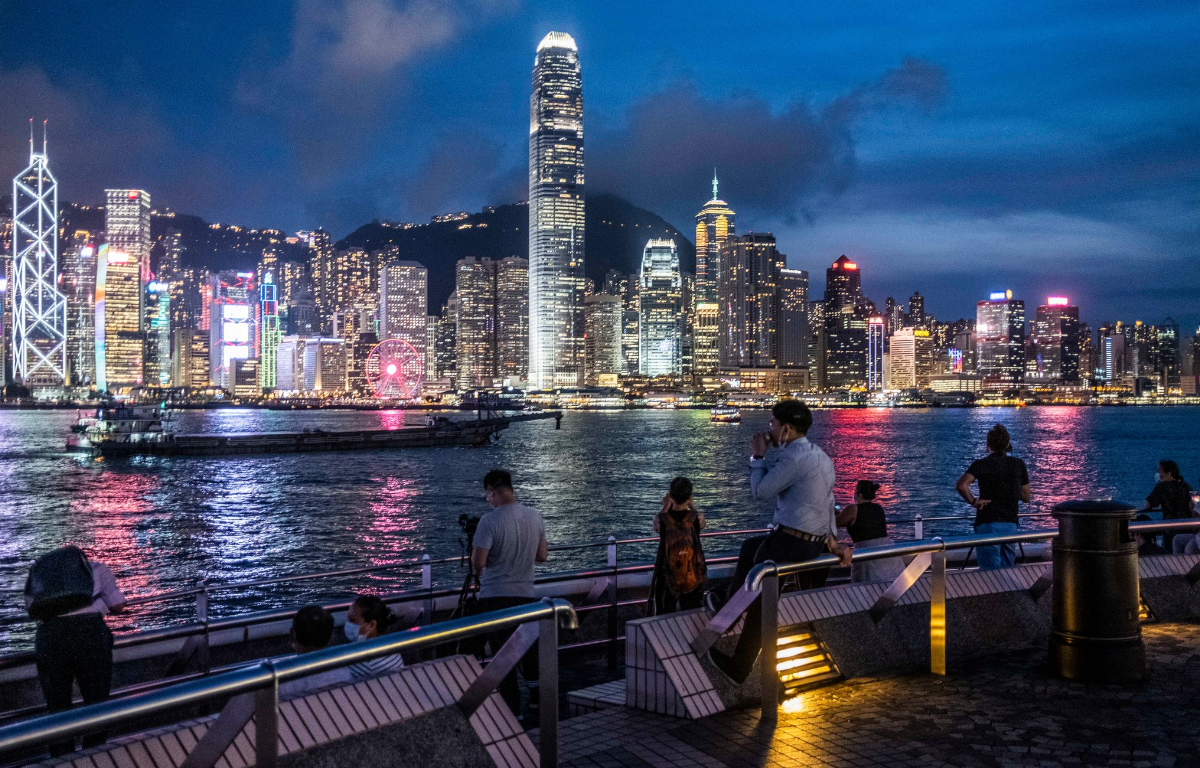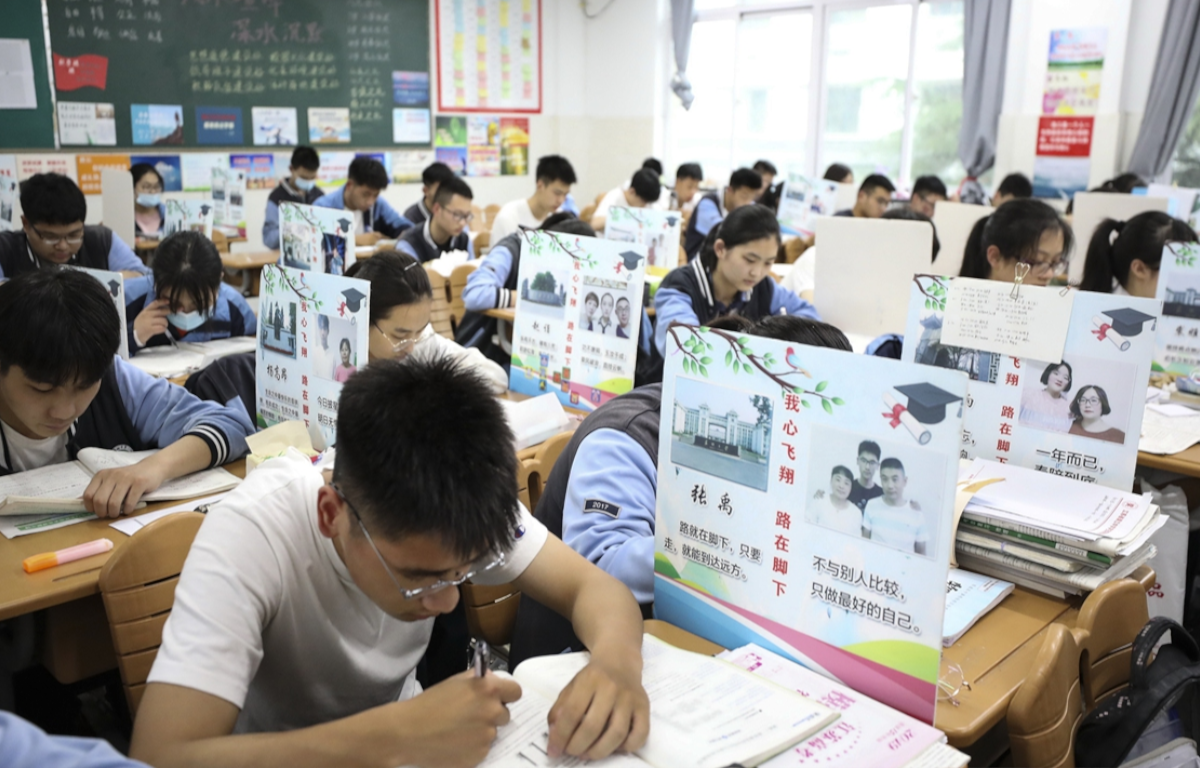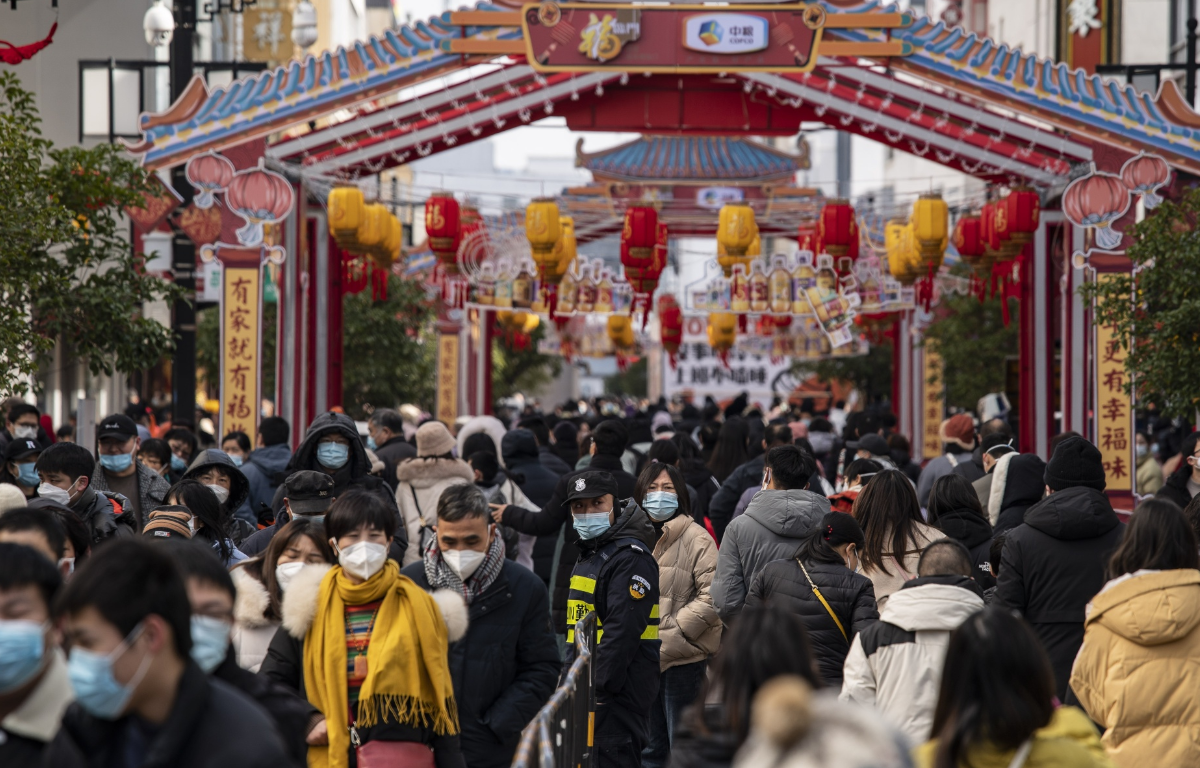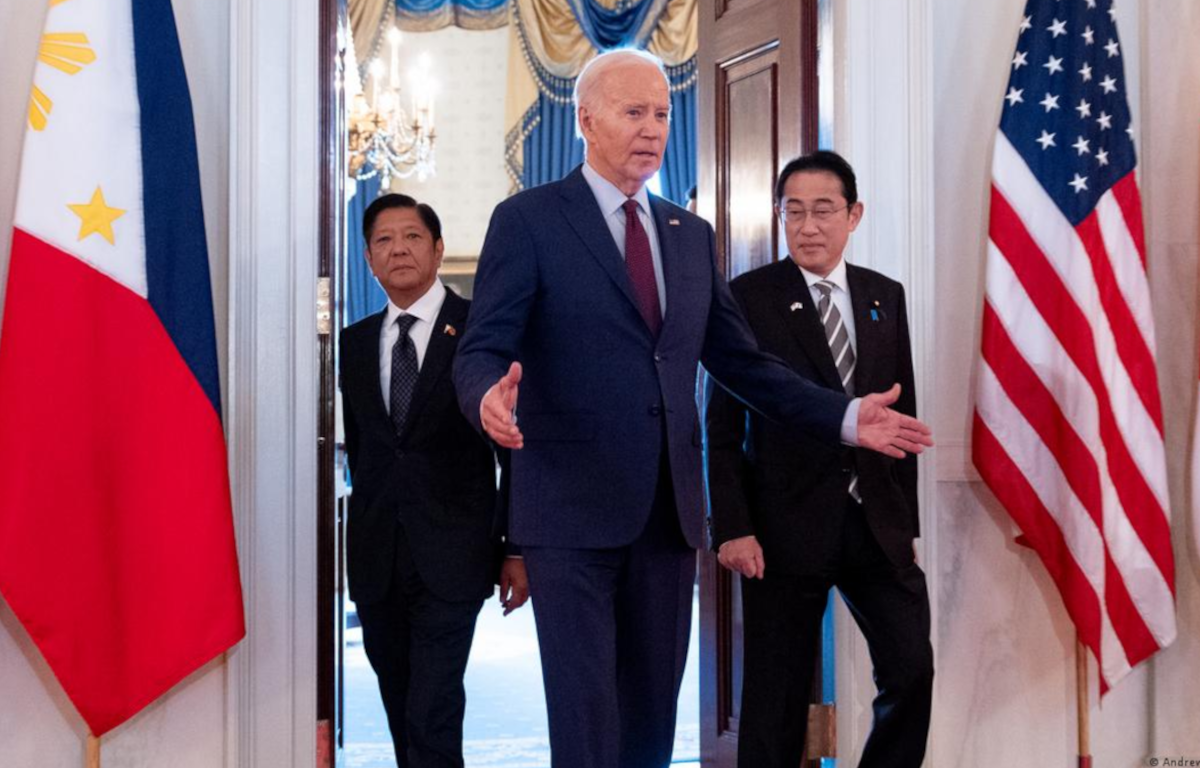
To understand the role of bureaucrats in Hong Kong’s evolving political landscape, it’s essential to consider the historical context. For over 150 years, Hong Kong was a British colony known for its robust rule of law, freedom of expression, and capitalist economic policies. This unique blend of Eastern and Western influences helped Hong Kong flourish into a global financial hub.
However, in 1997, Hong Kong was handed back to China under a framework known as “one country, two systems.” This arrangement was supposed to guarantee a high degree of autonomy for Hong Kong, including an independent judiciary and the preservation of individual freedoms for 50 years. But recent events have raised doubts about the future of this arrangement.
Bureaucrats in Hong Kong, like their counterparts worldwide, play crucial roles in the administration of government policies and the implementation of laws. Hong Kong’s civil service is known for its professionalism and efficiency, and it has played a pivotal role in maintaining the territory’s stability and prosperity.
However, the question arises as to whether these bureaucrats are facilitating the central government’s authoritarian agenda. Some argue that bureaucrats are increasingly acquiescing to Beijing’s demands, undermining Hong Kong’s autonomy and freedoms. Critics point to instances where civil servants have been accused of censorship and self-censorship to appease the central government.
While there are legitimate concerns about the influence of bureaucrats in Hong Kong, it’s important to recognize the challenges and complexities they face. Bureaucrats must navigate a delicate balancing act between upholding Hong Kong’s core values and adhering to Beijing’s directives. Failing to do so could jeopardize their careers and the stability of the territory.
Moreover, it’s essential to avoid painting all bureaucrats with a broad brush. Many civil servants are dedicated professionals who genuinely strive to serve the best interests of Hong Kong residents. They are caught in a difficult situation, torn between loyalty to their city and the pressures emanating from mainland China.
Another crucial factor in Hong Kong’s political landscape is the role of civil society. Pro-democracy activists, journalists, and concerned citizens have played a pivotal role in voicing their opposition to perceived authoritarian measures. The massive protests that swept Hong Kong in 2019 were a testament to the territory’s commitment to defending its freedoms.
Civil society has been instrumental in holding bureaucrats and the government accountable. Their actions have forced bureaucrats to consider the public’s sentiment when implementing policies that may infringe on Hong Kong’s autonomy.
The question of whether Hong Kong bureaucrats make good authoritarians is complex and multifaceted. While there are legitimate concerns about their role in potentially eroding the territory’s freedoms, it’s essential to remember that not all civil servants are complicit in these actions. Many are dedicated professionals who are navigating a challenging political environment.
The preservation of Hong Kong’s autonomy and freedoms ultimately rests on a delicate balance between various actors, including bureaucrats, civil society, and the central government. The world continues to watch Hong Kong’s political evolution with great interest, hoping that the principles of “one country, two systems” can be maintained and strengthened for the benefit of the territory’s residents.










Share this: